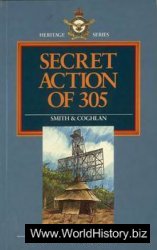Archaeologists by necessity move between the general and specific in excavating individual sites and relating those sites to broader interpretations and generalizing observations of the past over vast spaces and time periods. The archaeological record consists of materials made, used, lost, broken, and abandoned by individuals, and the role of the individual as a component of causality is widely recognized as a key factor in the creation of archaeological sites. The individual scale has been taken up by some, but larger scales of analysis are often preferred by archaeologists on account of many difficulties and restrictions that exist on the individual scale. Preservation conditions are often incompatible with the individual scale, making differentiation between occupation episodes elusive and the fine-grained analysis that the individual scale demands evasive. In a different sense, the individual scale has been rejected by other archaeologists who prefer to strive for broader, more general (and more widely applicable) interpretations about the past.
Archaeological interest in identity, narrative, self-reflexivity, multivocality, and individualism is paralleled by social anthropology’s increasing distrust of ideas of peoples, institutions, communities, and classes as coherent entities, and marked by a return to life histories as an ethnographic endeavor. Interest in the individual level of scale, and in the role of particular individuals in the archaeological record, is hardly a recent trend; however, as interest in exposing the role of the individual has propelled a variety of lines of research, beginning with the New Archaeology. Recently, concern with gender, age, ethnicity, status, religion, and other aspects of identity - and the broader contributions of these features - has catalyzed research in the individual scale of analysis and in the recognition of difference in the archaeological record.




 World History
World History









